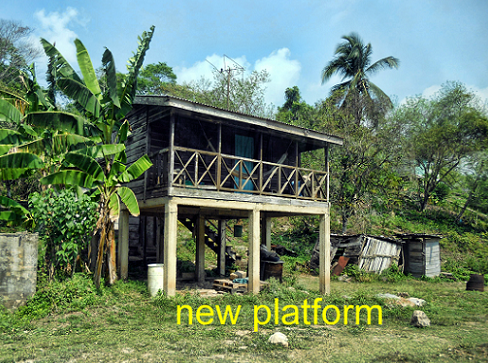
“Understanding Redundancy” – A Brief Lesson for Children by Willi Paul, Planetshifter.com Magazine
It is important to connect the concepts of resilience and redundancy to grow and share our growing Transition. For this lesson, understand resilience as the ability of a community to become healthy and successful after something bad happens.
From Permaculture (Primary Principles for Functional Design – #5), redundancy design requires that each part of the any critical social, food or energy system is supported by multiple back-ups. Redundancy protects us when one or more traditional processes or components fail.
Redundancy is also about the recovery phase after an emergency as we work together to return our lives to a safe operational place.
*******
Here are some examples of redundancy:
- Back-up life support equipment and staffing plans at relief clinics
- Building your house on stilts for protection against high water and predators
- Squirrels saving nuts in multiple locations
- A Seed Library – preserving different genetic strains to guard against altered / toxic invader seeds
- Community Food Forest – multiple crops that all supply vitamin, protein or other nutritional needs
- Solar batteries that support home heating and cooling when traditional power sources fail
- Teaching multiple tribe members how to lead and teach important skills, including local land design methods, participatory governance and other Post-Chaos Era community needs
*******
Note: This lesson is itself is an example of redundancy as the Internet multiplies the available number of sites that kids that can read this work and implement its wisdom.
Replies
*terrible at communicating